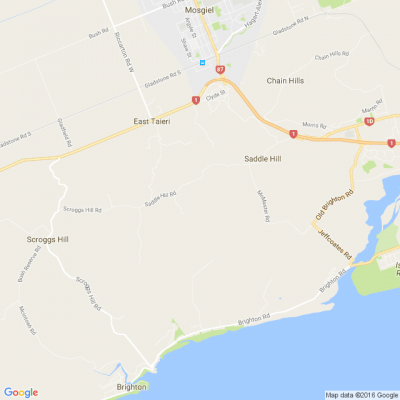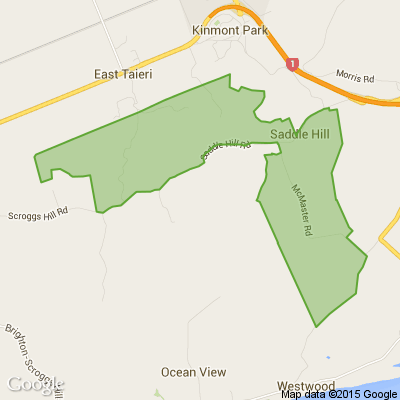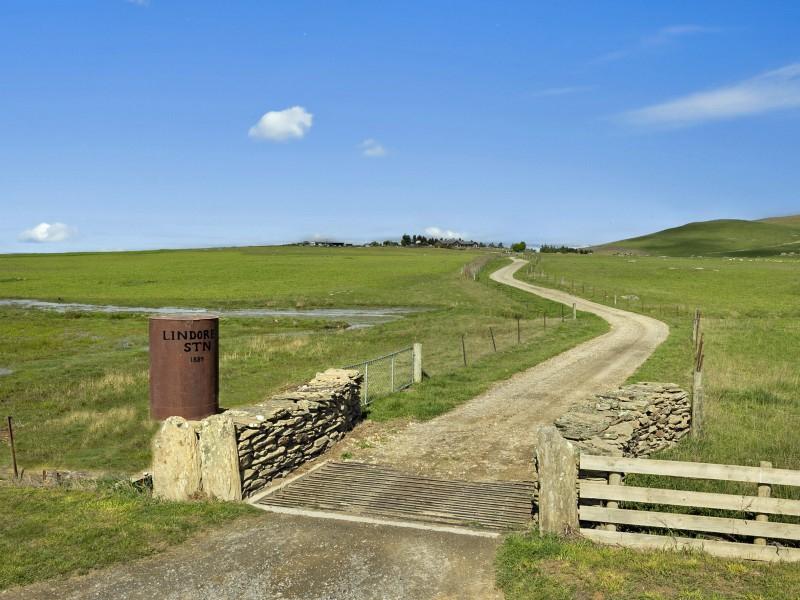Influenza hotspot potentially emerges in the South
From reporter Sinead Gill:
After two years of low influenza cases, Dunedin may be a growing hotspot.
The city had 44 of the 46 cases picked up by the national influenza monitor last week – double what the monitor picked up nationwide in 2020 and 2021 combined.
Parents are asking if they should bring their university-aged children home to care for them, while others are claiming sick students who test negative for Covid-19 aren’t staying home.
Dr Samantha Murton, president of the Royal New Zealand College of General Practitioners, said two years of Covid-19 had changed the way people think about flus, and had caught them off guard.
“There is a certain level of thinking Covid is the monster we’re trying to avoid, and anything else must be milder than Covid.
“The flu can still be nasty for some people. In winter, our hospitals fill up with flu cases.
“They hit like a train. Someone with influenza will usually say something like, ‘I woke up at 3am and suddenly I was sick’. They could have a high fever and a bad cough.”
Despite flu typically having a quick onset, Murton said people were generally infectious when they were experiencing symptoms, between the first two to five days.
People with Covid-19 were more likely to feel fatigue, gastric symptoms and a sore throat, she said.
“Like any virus, it spreads very easily ... the key is to rest, you’ll recover quicker.”
Murton said it was possible people could experience worse flu symptoms than they had before the Covid-19 pandemic, but it was because the immune system had to compensate for not being exposed to illness for a number of years in a row.
Having a support network was important while recovering from a cold, Murton said, but she didn't recommend parents collecting their children from university, as it could spread the flu and young people were likely to recover within a few days.
A University of Otago spokesperson confirmed there were cases of flu among staff and students, but could not comment on the severity.
The Institute of Environmental Science and Research runs a multidisciplinary monitor of influenza and the reporting of influenza-like symptoms to agencies like Heathline.
In the week ending May 8, 46 Influenza A cases were reported, all in the South Island.
The Southern District Health Board was approached for comment.
The flu season typically runs from May to October, and in an ordinary year kills an average of 500 New Zealanders.
In New South Wales, spiralling cases of influenza credited to the post-Covid opening of borders were being described as a “significant flu epidemic”.
The Government ordered 600,000 more flu jabs than usual in preparation for the 2022 flu season. Health Minister Andrew Little expected an increase in flu cases, particularly with the borders opening.
A flu jab has been available in New Zealand since April 1.
People 65 years and over, Māori and Pacific peoples aged 55 years and over, all pregnant people, and other vulnerable groups were eligible for a free one.
Others who aren't covered by an employer-funded programme could expect to pay between $25 and $45.
Poll: Cast your vote for NZ's Merriest Home 2024
Neighbourly members across the country have been sharing their festive decor to be in to win the title of NZ's Merriest Home. We've narrowed the entries down to six finalists (our toughest feat yet!).
Now it's up to you!
Click on the name of the finalist to see all of their photos before you cast your merry vote!
Nishan Wijesinghe from Te Atatu South - See all photos here
Mark Williams from Tamatea - See all photos here
Linda Clack from Cockle Bay - See all photos here
Luke Murphy from Hornby - See all photos here
Joanne Isles from Hokowhitu - See all photos here
Kirstyn Tait from Wigram - See all photos here
The finalist with the most votes will win the title of NZ's Merriest Home and $200 to go toward more Christmas goodies!
You can also enlarge the images below by clicking on them. Happy voting, neighbours!
-
17.3% Nishan Wijesinghe from Te Atatu South
-
27.9% Mark Williams from Tamatea
-
6.1% Linda Clack from Cockle Bay
-
25.9% Luke Murphy from Hornby
-
6.9% Joanne Isles from Hokowhitu
-
16% Kirstyn Tait from Wigram
⚠️ DOGS DIE IN HOT CARS. If you love them, don't leave them. ⚠️
It's a message we share time and time again, and this year, we're calling on you to help us spread that message further.
Did you know that calls to SPCA about dogs left inside hot cars made up a whopping 11% of all welfare calls last summer? This is a completely preventable issue, and one which is causing hundreds of dogs (often loved pets) to suffer.
Here are some quick facts to share with the dog owners in your life:
👉 The temperature inside a car can heat to over 50°C in less than 15 minutes.
👉 Parking in the shade and cracking windows does little to help on a warm day. Dogs rely on panting to keep cool, which they can't do in a hot car.
👉 This puts dogs at a high risk of heatstroke - a serious condition for dogs, with a mortality rate between 39%-50%.
👉 It is an offence under the Animal Welfare Act to leave a dog in a hot vehicle if they are showing signs of heat stress. You can be fined, and prosecuted.
SPCA has created downloadable resources to help you spread the message even further. Posters, a flyer, and a social media tile can be downloaded from our website here: www.spca.nz...
We encourage you to use these - and ask your local businesses to display the posters if they can. Flyers can be kept in your car and handed out as needed.
This is a community problem, and one we cannot solve alone. Help us to prevent more tragedies this summer by sharing this post.
On behalf of the animals - thank you ❤️














 Loading…
Loading…























